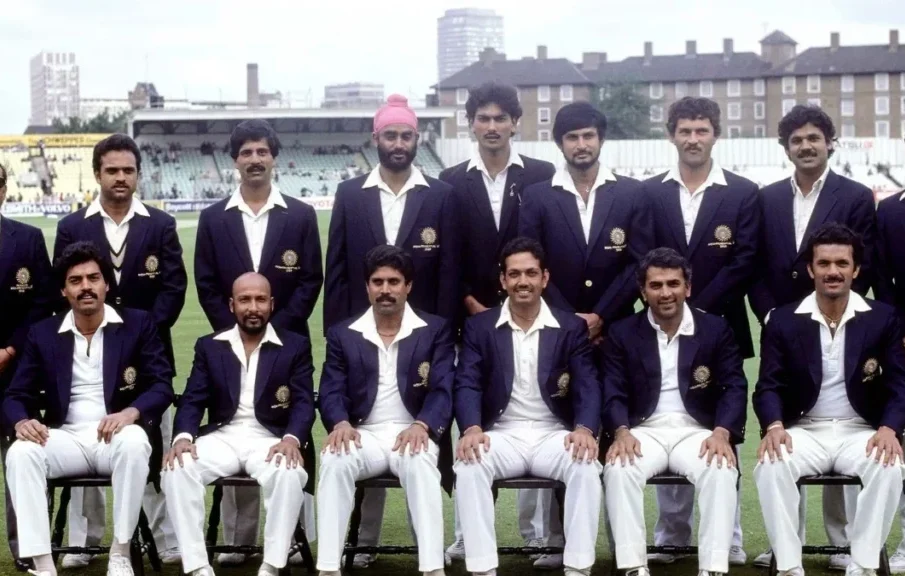India’s 183 Runs in 1983 World Cup: How Many Overs?

Introduction
The 1983 Cricket World Cup remains a monumental event in Indian sports history. India’s victory over the West Indies in the final not only marked the country’s first World Cup win but also ignited a cricketing revolution. One of the key moments in that final was India scoring 183 runs, a total overshadowed by the expectations of the match but crucial in setting the stage for an unforgettable victory. The blog post delves into how many overs it took India to reach that total, and what it meant for the game at that time.
India’s Innings in the 1983 World Cup Final
Played at Lord’s on June 25, 1983, the final match saw India up against two-time champions West Indies. India batted first and, despite facing a formidable bowling attack, managed to score 183 runs. The innings lasted for 54.4 overs. This run total was seen as below-par by many experts and spectators at the time, especially considering that cricket fans were used to high-scoring contests, particularly from the West Indies.
The Significance of the Score
While 183 runs may not seem like a winning score by today’s standards, it proved to be a strategic total. The West Indies had a powerful line-up, and much was expected of them while chasing down what seemed to be a meager target. However, what unfolded was a dramatic turn of events in which the Indian bowlers performed exceptionally well, leading to a famous victory for India.
Impact of the 1983 World Cup
India’s triumph in 1983 was not just about the score of 183 or the number of overs it took to reach that score; it was pivotal in transforming the landscape of cricket in India. The match became a source of inspiration for countless young players across the country and paved the way for cricket to move from a niche sport to a mainstream passion. This World Cup win also led to increased investments in the sport and the birth of a cricketing culture that thrives in India today.
Conclusion
The innings of 183 in 54.4 overs during the 1983 World Cup final holds a special place in cricket history, representing resilience in the face of overwhelming odds. Looking back, it is clear that this match was more than just a tournament finale; it was a defining moment for Indian cricket and a catalyst for the future success that the country would achieve on the world stage. Readers today should recognize the significance of this low-scoring match, which ultimately became a launchpad for the rise of cricketing dominance in the decades to follow.









